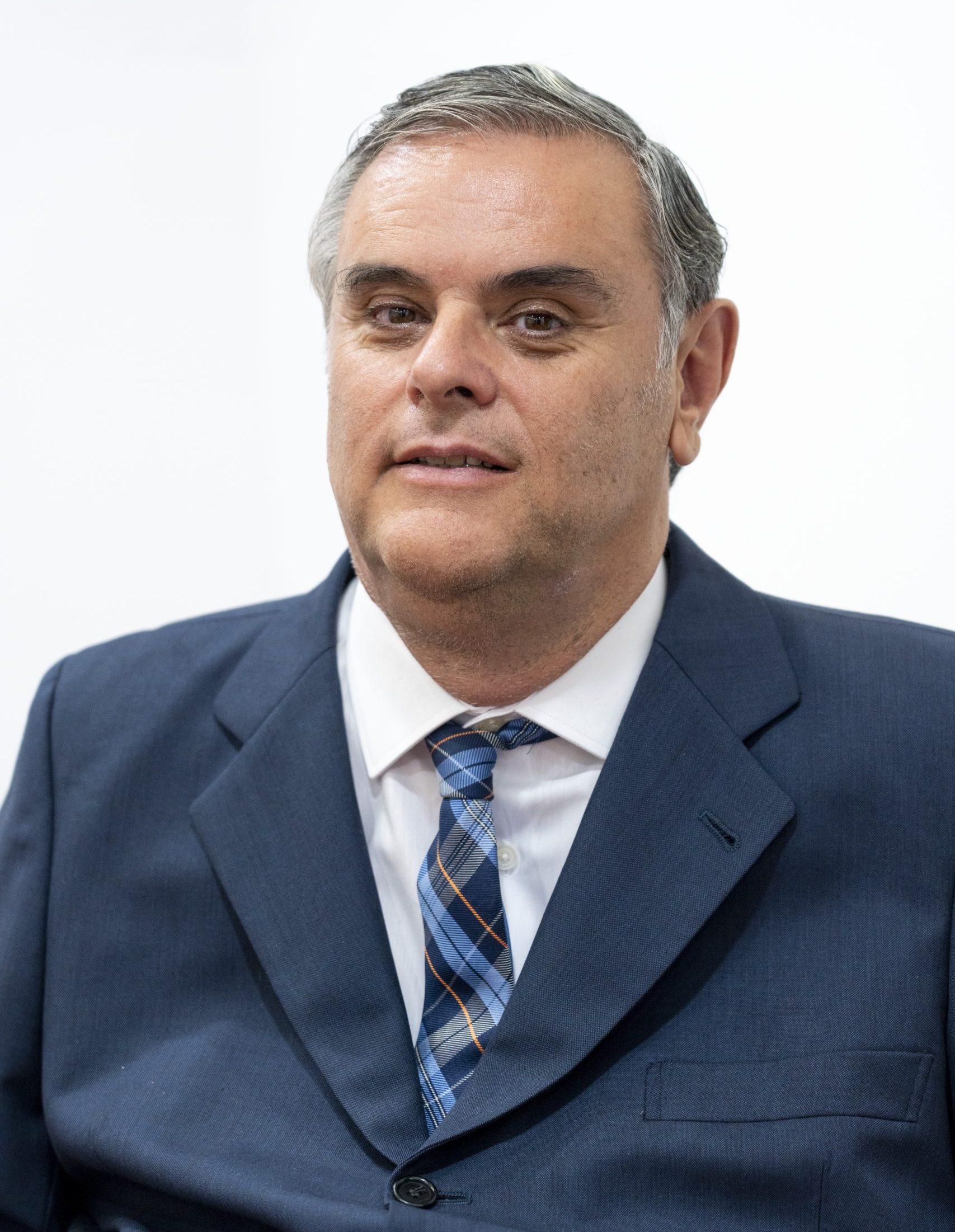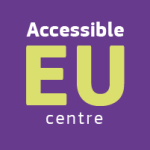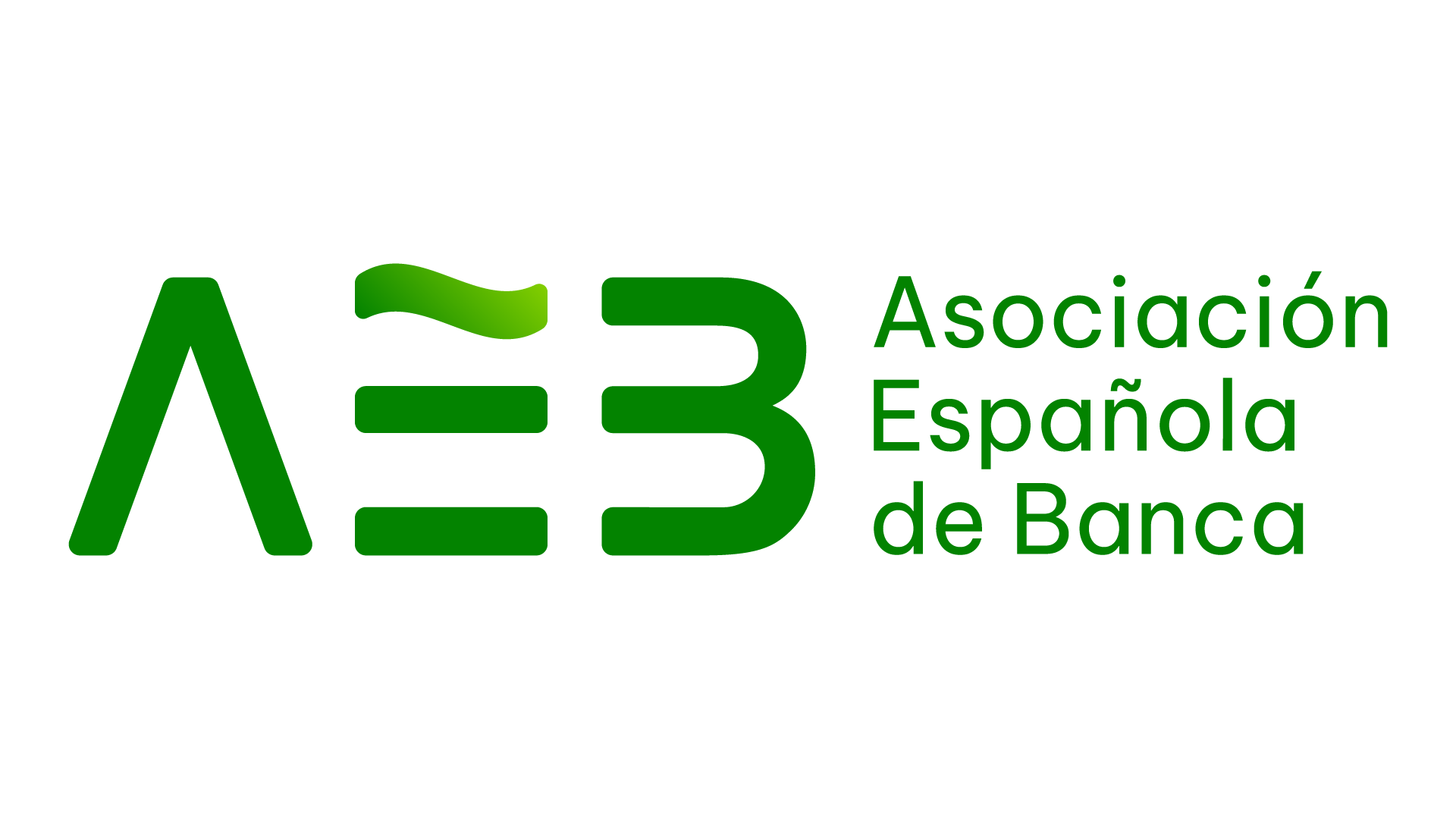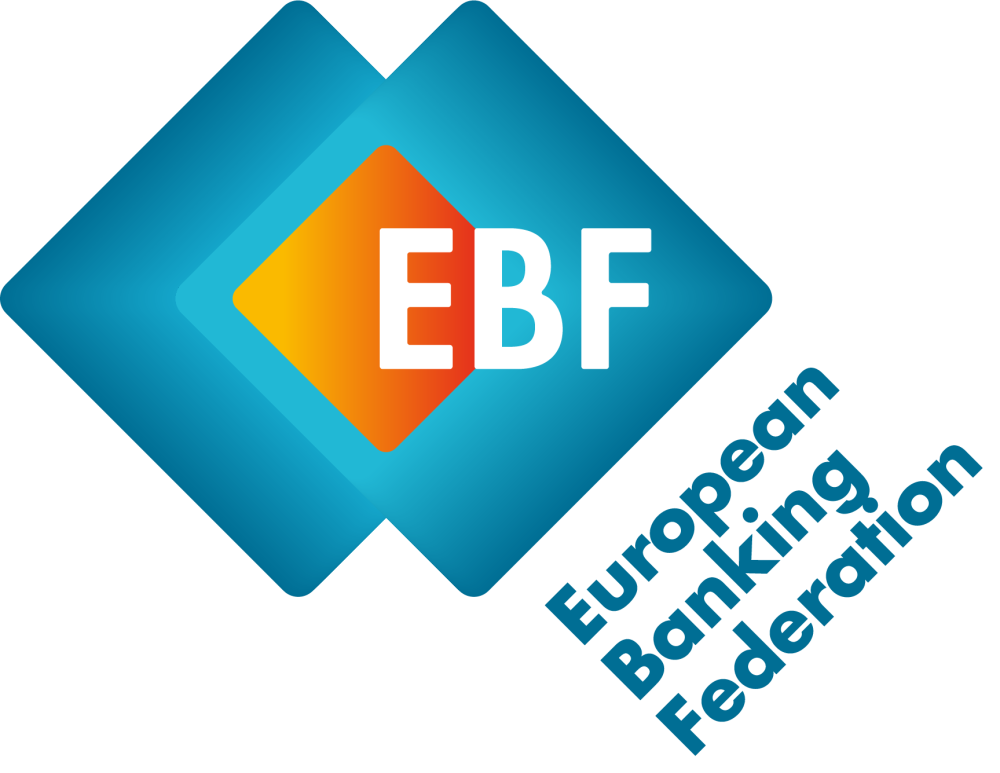"They are not just doing this because of regulatory obligations. While we certainly welcome the existence of a legal framework to promote these developments, banks have been working on accessibility for years out of genuine conviction. Because it is part of their mission: to ensure that all customers, without exception, have equal access to financial services."
Against a European backdrop marked by the entry into force of the European Accessibility Act (EAA) on 28 June, the ONCE Foundation, the European Accessibility Resource Centre – AccessibleEU and the European Banking Federation (EBF) are organising a key event on 1 July in Brussels to analyse how the financial sector can adapt to this new legal framework promoting digital accessibility.
To learn more about the objectives of this meeting and the role that trailblazing institutions are playing in promoting financial inclusion, we spoke with Jesús Hernández Galán, Director of the European Accessibility Resource Centre and Director of Accessibility and Innovation at Fundación ONCE, and María Abascal, Chairwoman of the EBF Executive Committee and Director General of the Spanish Banking Association (AEB). Both leaders are spearheading this joint initiative, which aims to address the banking sector’s accessibility challenges by offering concrete solutions to improve the experience of millions of European citizens with disabilities and of seniors.
What prompted you to organise this joint event in Brussels on bank accessibility and the European Accessibility Act?
(JESÚS) We are mainly driven by the fact that many citizens have difficulty accessing banking services for accessibility reasons and that the European Accessibility Act expressly provides that banking services must be accessible. We know that some financial institutions have been working for years to improve their accessibility, but many others still have a long way to go. For this reason, we believe that this event will help to share information on accessibility by providing key insights to enable organisations to comply with legal requirements as quickly as possible.
What will set this conference apart from other similar initiatives in the financial sector?
(MARIA) This is the first time that, within the framework of the European Banking Federation (EBF) and in cooperation with the European Centre for Accessibility (AccessibleEU), issues as crucial for the sector as customer accessibility to banking services have been jointly addressed. We do so with an integrated vision, specifically focused on the banking sector and with a European approach, in line with the provisions of Directive (EU) 2019/882 of the European Parliament and of the Council, which sets out the accessibility requirements for products and services. This initiative is a significant step towards a more inclusive and accessible financial system for all.
The banking sector has always been at the forefront of accessibility, and so EBF is delighted to be able to hold this event and we hope it will be a source of energy and inspiration for other sectors.
What implications will the European Accessibility Act have for the financial sector as of 28 June?
(JESÚS) It really has many implications, since, for example, ATMs must be accessible to all persons with disabilities, both in terms of hardware and how they operate. This is also the case for other services that are highly used by customers, such as websites and mobile applications, as well as digital documents for taking out financial products. There are also many people, especially seniors, who find it difficult to use digital channels.
What are the main challenges banks face today in meeting these new requirements?
(MARIA) One of the main challenges facing banks today is the comprehensive adaptation of their processes, channels and technologies to the entry into force of the Directive. This ranges from physically adapting spaces and making ATMs and self-service terminals accessible to customer service, accessible communication and, of course, making websites, mobile applications, financial products and services digitally accessible.
In addition—although not directly mentioned in the Directive—it is essential to also continue to make progress in training and raising awareness among employees, which is key to ensuring that services are truly inclusive.
It is important to bear in mind that not all organisations start from the same place, nor do they have the same resources at their disposal. However, what they do all have in common is a real commitment to this transformation. We know that the whole sector is on the road to improvement in these areas.
They are not just doing this because of regulatory obligations. While we certainly welcome the existence of a legal framework to promote these developments, banks have been working on accessibility for years out of genuine conviction. Because it is part of their mission: to ensure that all customers, without exception, have equal access to financial services.
Full accessibility is an opportunity to build a more inclusive, more approachable and more useful banking system for the whole of society.
Maria AbascalChairwoman of the EBF Executive Committee and Director General of the Spanish Banking Association (AEB)
The European Accessibility Resource Centre (AccessibleEU)
Jesus, could you explain briefly what the European Accessibility Resource Centre is and what role it plays in implementing the EAA?
(JESÚS) AccessibleEU is one of the flagship initiatives proposed by the European Commission’s Strategy for the Rights of Persons with Disabilities 2021-2030. In essence, it is an accessibility resource centre working in areas such as the built environment, transport and information and communication technologies to ensure that all citizens can participate in all areas of life under equal conditions. From this centre, we help European Union member states to learn about accessibility.
What kind of practical support does AccessibleEU offer to financial institutions seeking to improve their accessibility?
(JESÚS) At AccessibleEU, we organise nearly one hundred accessibility events a year all over Europe. Many of these events are useful for financial institutions as they address different aspects of accessibility, such as technology, the built environment and cognitive accessibility. In addition, we develop guides and studies whose contents are equally useful: for example, a study on how to use artificial intelligence to enhance accessibility or a practical guide to understand the requirements associated with the European Accessibility Act. We also have a digital library with relevant publications on accessibility, as well as an online forum where anyone interested in accessibility can share and exchange knowledge.
How is AccessibleEU’s collection of best practices contributing to the transformation of the sector?
(JESÚS) It is helping significantly, because when an organisation wants to take its first steps in accessibility, it does not have to start from scratch. In other words, it has an accessibility resource centre that allows it to access relevant sources and a description of best practices developed by organisations that have already started on this path.
"At AccessibleEU, we organise nearly one hundred accessibility events a year all over Europe. Many of these events are useful for financial institutions as they address different aspects of accessibility, such as technology, the built environment and cognitive accessibility. In addition, we develop guides and studies whose contents are equally useful: for example, a study on how to use artificial intelligence to enhance accessibility or a practical guide to understand the requirements associated with the European Accessibility Act. We also have a digital library with relevant publications on accessibility, as well as an online forum where anyone interested in accessibility can share and exchange knowledge."
Jesús Hernández GalánDirector of the European Accessibility Resource Centre and Director of Accessibility and Innovation at Fundación ONCE
Innovation and the future
Maria, from the perspective of the EBF and the AEB, what progress has been made in recent years in terms of financial accessibility?
(MARIA) Many changes have been made by banks in recent years to improve the accessibility of their services. Although the degree of progress may vary depending on each institution, the country in which it operates, or the characteristics of its clientele, it is clear that all banks have made great strides in this area. Commitment to inclusion is now a common thread throughout the European financial sector.
The sector sees this as a real need to ensure access to banking services for all customers. It is a responsibility, both for each individual institution and for the sector as a whole, which is part of the social commitment that banking has always had.
This deep conviction is the driving force behind the great transformation effort that the institutions have been making in recent years, and which will continue in the near future. But it is also what will drive banks to continuously adapt to new needs as they arise.
Today, we have banks that are much closer to the community, in constant contact with their customers, that listen actively and focus a large part of their resources on improving every day. Because banks that listen are banks that evolve, and that is precisely the path we are following.
In general terms, the most significant advances in financial accessibility in Europe include, for example, the progressive adaptation of ATMs to make them easier for people with disabilities to use, the elimination of physical barriers in access to bank branches, improvements in digital accessibility by adapting websites and mobile applications, as well as greater investment in staff training to offer more inclusive services.
In the Spanish context, the collaboration agreement signed in July 2023 between the banking sector associations, the Bank of Spain and the Public Prosecutor’s Office is an important initiative. This agreement aims to ensure the independence of people with disabilities in their relationship with banking services and products, in accordance with the principles set out in Law 8/2021. The agreement provides for, among other measures, the use of accessible language and the promotion of adaptations that allow such persons to handle matters on their own, thus bolstering the approach of respect for their legal capacity and their right to make decisions independently.
What role do emerging technologies play in making digital banking services more accessible?
(MARIA) Emerging technologies play a key role in the move towards fully accessible banking. They are a key tool not only to ensure that financial services meet accessibility criteria, but also to tailor them to the particular needs of each customer. Technological innovation makes it possible to offer more personalised, intuitive and efficient experiences, capable of responding to an increasingly digital and demanding environment.
Thanks to these advances, it is possible to design solutions that facilitate access to banking services for everyone, including people with disabilities or those who are less familiar with digital channels.
But technology alone is not enough. It is equally essential to support customers in this process by offering them the training, knowledge and resources they need to be able to use all available tools confidently and independently. This is the only way to achieve effective and sustainable digital inclusion.
How do you see the future of financial inclusion in Europe? What are the next steps after the 1 July event?
(JESÚS) We hope to make financial services accessible to everyone, and with the help of AccessibleEU and the joint work of all stakeholders in the financial services value chain, we will achieve this in the near future. We believe that this event and the work carried out by AccessibleEU can help financial institutions make faster progress, since at the event they will be able to learn first-hand about the needs of groups of people with disabilities, for example, and about the best practices that some banks have already implemented.
(MARIA) Financial inclusion is an ongoing process; it has no end goal or fixed deadlines. The EBF event on accessibility on 1 July and the entry into force of the Directive are not the finish line. They are just another milestone on a journey that must continue to progress and adapt over time.
The future of financial inclusion in Europe is built on continuous contact with the community, actively listening to customers and understanding that their needs change. It is only by doing so that we can continue to adapt banking services to make them useful, accessible and relevant to all.
And when we talk about inclusion, we are talking about all people: people with disabilities, of course, but also older people, young people who may be vulnerable to risks related to lack of cybersecurity, people living in rural areas or those facing digital barriers. The key is to offer different answers to different realities.
In this ongoing dialogue with society, collaboration is essential. As in the past, we will continue to work with organisations such as the European Accessibility Resource Centre (AccessibleEU), with public bodies such as the European Parliament and the European Commission, and with any stakeholders representing groups with specific needs. Through this genuine, ongoing cooperation , we will be able to build a more inclusive, modern and people-centred banking system.
HERE you will find more information about the event.
Authors

Jesús Hernández Galán
Director of the European Accessibility Resource Centre and Director of Accessibility and Innovation at Fundación ONCE

María Abascal
Chairwoman of the EBF Executive Committee and Director General of the Spanish Banking Association (AEB)
Search posts by topic
Advisory (7)
Alternative Investment (24)
Alternative investments (3)
AML (1)
Art (1)
Asset Management (27)
Banking (16)
Capital Markets (1)
Compliance (1)
Crypto-assets (3)
Digital Assets (3)
Digital banking (6)
Diversity (7)
EU (6)
Family Businesses (4)
Family Offices (2)
Fintech (10)
Fund distribution (22)
Governance (8)
HR (9)
ICT (1)
Independent Director (5)
Insurance (2)
Internationalization (1)
LATAM (9)
Legal (10)
Private Equity (4)
Regulation (1)
Reinsurance (2)
RRHH (9)
Sustainable Finance (23)
Tax (15)
Technology (6)
Transfer Pricing (2)
Trends (18)
Unit-linked life insurance (6)
Wealth Management (12)





